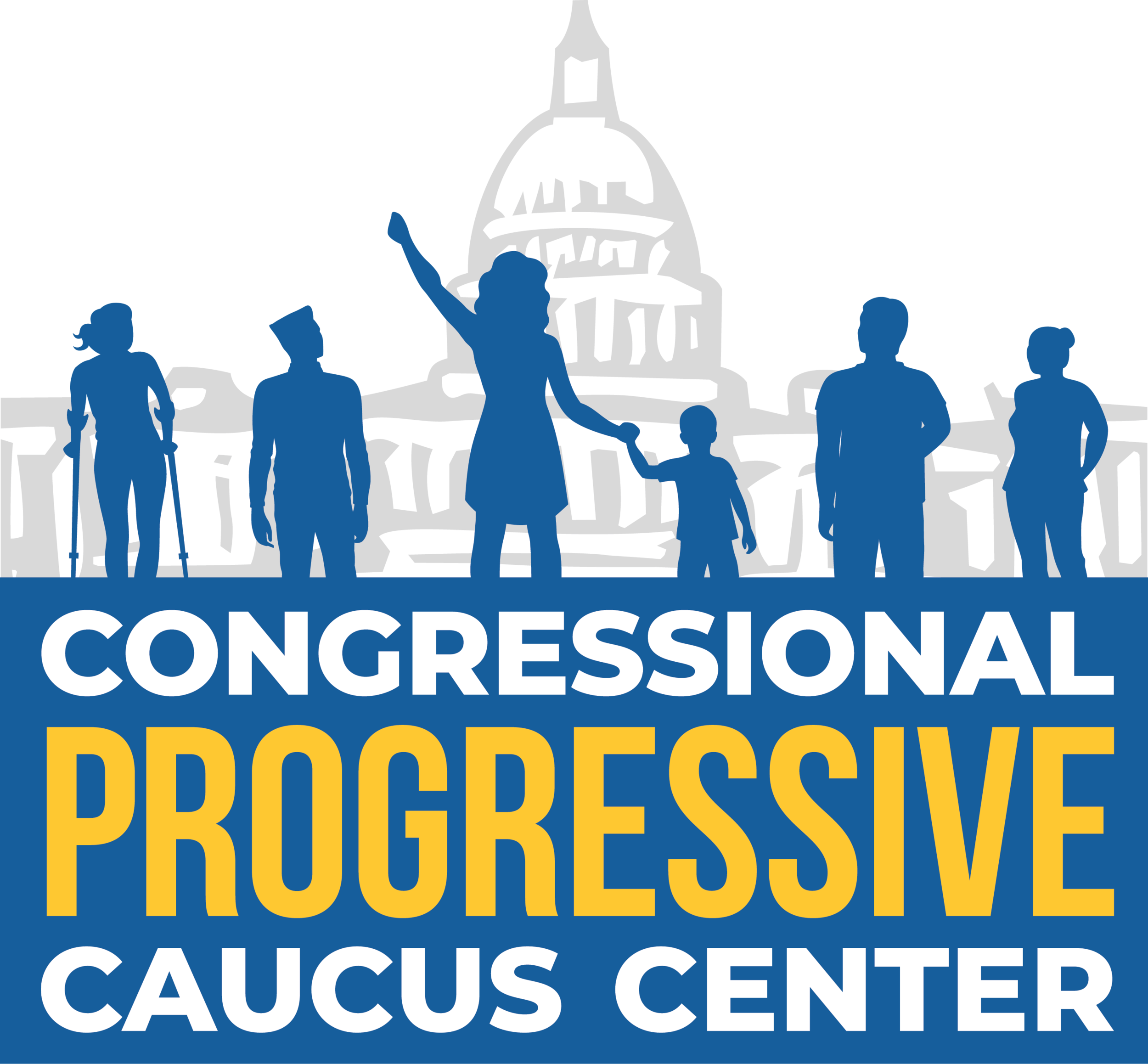Five Key Facts on the Protecting Our Democracy Act
Last Updated December 6, 2021
The Protecting Our Democracy Act is a package of reforms intended to curb presidential abuses of power and bolster the system of checks and balances. Proponents of the bill point out that the Trump presidency made clear the need for reforms to close loopholes and rebalance power, much like those enacted after the Watergate Scandal in the 1970s. But many of the problems addressed in the legislation have long warranted action. The Protecting Our Democracy Act was introduced in the House by Congressman Adam Schiff, Chair of the House Permanent Select Committee on Intelligence. It was introduced in the Senate by Senator Amy Klobuchar, Chairwoman of the Rules Committee, which oversees federal elections.
Below is a brief description of key provisions in the Protecting Our Democracy Act.
The Protecting Our Democracy Act Enshrines the Principle that Presidents Aren’t Above the Law
This bill suspends the five-year statute of limitations for crimes committed by a president or vice president in or out of office. This addresses the risk that a president or vice president might use their time in office—during which they are shielded from prosecution—to avoid accountability for crimes they committed before taking office, or use a second term to run out the clock on offenses committed during their first term. The bill also prevents presidents from pardoning themselves. The New York Times reported in the wake of the January 6, 2021 insurrection that President Trump had discussed pardoning himself—something no president in U.S. history has done.
Importantly, the bill also reasserts Congress’s power of the purse, as well as its role in presidential declarations of national emergencies. Over many decades, the White House has encroached on the constitutional authority of Congress to oversee and participate in such official actions. This legislation would reestablish the proper balance of power between co-equal branches of government.
The Protecting Our Democracy Act Shores Up Congress’s Oversight Capabilities
This bill would bolster Congress’s ability to enforce subpoenas by laying out precisely what it means to comply with a subpoena: testifying or turning over requested records, with limited exceptions. The bill also creates monetary penalties for officials who defy a subpoena, which cannot be paid using taxpayer dollars, and takes steps to speed up the process by which subpoena enforcement cases move through the courts. The current process inhibits congressional oversight by making it difficult for Congress to obtain information quickly; for example, a case concerning a 2019 subpoena of Trump White House counsel Donald McGahn was not settled until mid-2021, when Trump was no longer in office.
The Protecting Our Democracy Act Protects Whistleblowers
The bill takes steps to shield “whistleblowers”—officials who bring to light government abuses—from retaliation and being “unmasked,” reforms with longstanding bipartisan backing. A whistleblower report related to a July 25, 2019 phone call between President Trump and Ukrainian President Volodymyr Zelenskyy ultimately led to the first impeachment of President Trump. The whistleblower reported that “the President of the United States is using the power of his office to solicit interference from a foreign country in the 2020 U.S. election.” During the impeachment proceedings, President Trump attacked the anonymous whistleblower repeatedly, a move experts suggest could discourage future would-be whistleblowers from coming forward. Additionally, Senator Rand Paul revealed the whistleblower’s alleged identity publicly, endangering that person’s safety.
The Protecting Our Democracy Act Shields Government Watchdogs from Retaliation
This bill specifies the causes for which a president can remove an inspector general (IG) and mandates that the president share that cause with Congress before firing an IG—the intent being to prevent the president from retaliating against watchdogs that find wrongdoing. In a matter of weeks between April and May 2020, at the height of the pandemic, President Trump dismissed five IGs, including the one who handled the whistleblower report that led to his first impeachment.
The Protecting Our Democracy Act Safeguards Our Elections
The bill takes numerous steps to protect U.S. elections from foreign interference, making clear what constitutes a prohibited foreign contact and mandating that federal campaigns report efforts by foreign contacts to exert influence, and that those reports must in turn be shared with Congress. The bill also creates meaningful penalties for failing to adhere to these reporting requirements, including jail time and fines of up to $500,000. Ahead of the 2020 presidential election, the intelligence community told Congress that the Russian government, which interfered in the 2016 election, was working to secure President Trump’s reelection.

